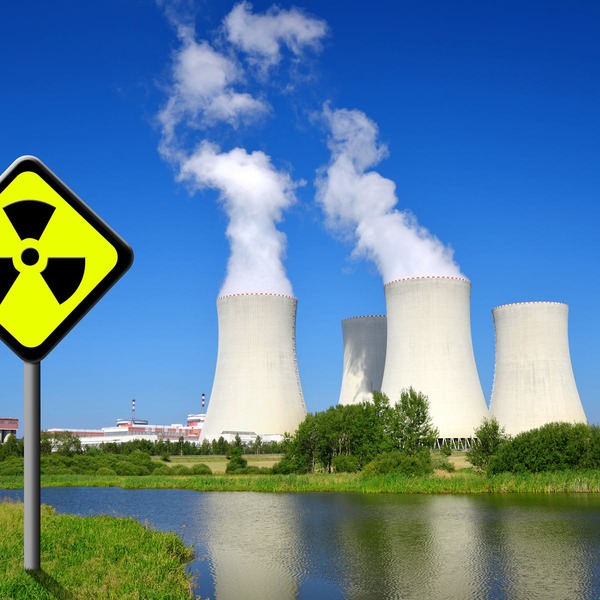The Effect of Statement Biased Popular Media Consumption on Public Perceptions of Nuclear Power
(1) North Cobb High School, Kennesaw, Georgia, (2) Kennesaw State University, Kennesaw, Georgia
https://doi.org/10.59720/18-077
This study assesses the effect of popular media consumption, as a function of education level, on the public’s opinions about nuclear power. Opinions concerning ten statements about nuclear power were collected before and after participants read a news article in support of or in opposition to nuclear power. The purpose of the study was to determine the degree of malleability of people’s opinions about nuclear power and whether this malleability increased or decreased with the subject’s education level (high school students, college students, and college graduates). We hypothesized that, despite an evident agenda by the article’s author, public viewpoints on nuclear power may fluctuate from their original standpoints after reading the article. The results indicate that participants, regardless of education level, were willing to change their opinions about nuclear power after consuming a single popular media article. After reading the media article, supporting nuclear power, participants showed more positive opinions about nuclear power. Conversely, participants who consumed the media article that was critical of nuclear power showed a more negative overall opinion about nuclear power. This indicates that respondents, regardless of education level, are open to modifying their opinions about nuclear power after consuming popular media, even if the media has a clear statement bias in support of nuclear power or against it.
This article has been tagged with: